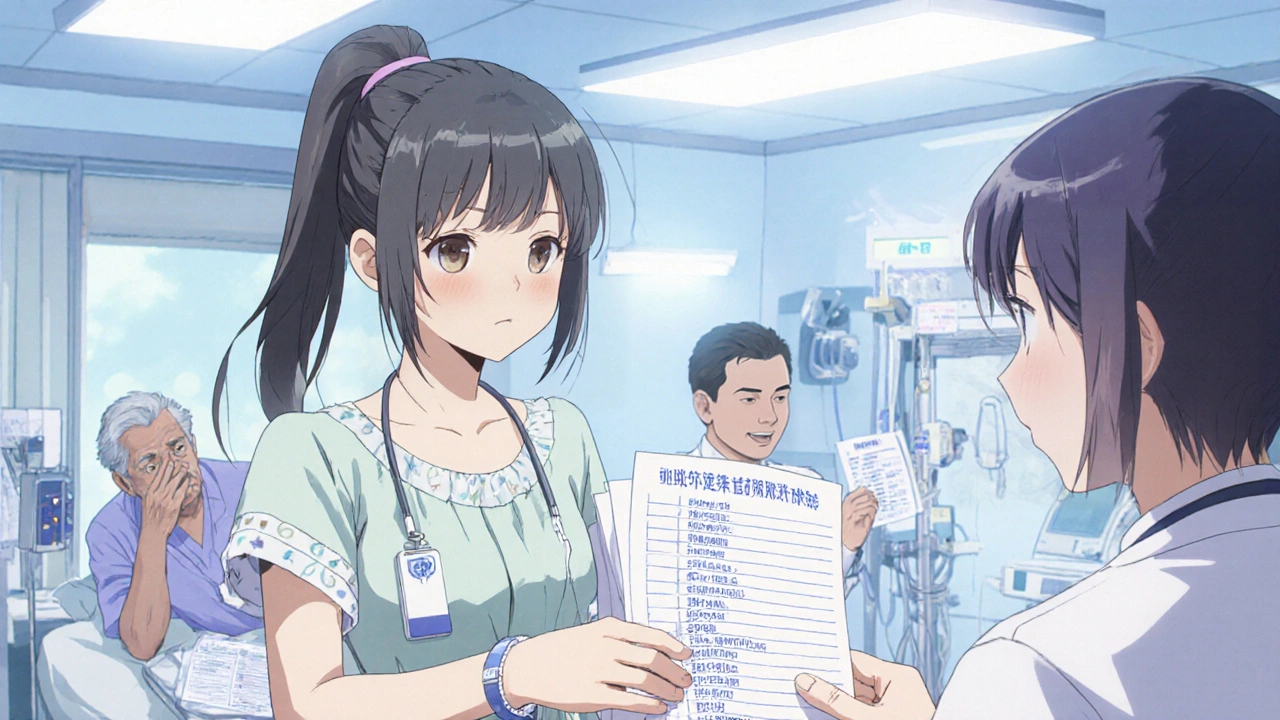
Learn the right time to give fever reducers after childhood vaccines. Discover why giving medicine too early can reduce vaccine effectiveness-and when it’s safe to use acetaminophen or ibuprofen.

Learn which medications to avoid during pregnancy, including NSAIDs, acetaminophen risks, and safer alternatives for pain, allergies, and depression. Get evidence-based guidance for every trimester.

Stability testing ensures pharmaceutical products remain safe and effective over time. Learn the exact temperature and time conditions required by ICH Q1A(R2) for long-term, accelerated, and refrigerated drug testing.

Find out how long the FDA takes to approve generic drugs in 2025, from standard 10-month reviews to new 1-2 month fast-tracks. Learn what speeds up or delays approval and how it affects drug access and prices.

Europe led the global biosimilar market since 2006 with clear regulations and fast adoption. The U.S. lagged due to legal barriers but is now accelerating thanks to FDA rule changes and the Inflation Reduction Act. Both markets are growing, but the U.S. is catching up fast.

Learn how to protect your medications from tropical humidity, which can destroy pills, inhalers, and vaccines. Discover practical storage tips, desiccant use, and signs of degradation to keep your medicine effective.

A multilingual medication list can save your life during a medical emergency abroad. Learn how to create, update, and carry a clear, accurate list in multiple languages to communicate your prescriptions to healthcare workers anywhere in the world.

Time-released melatonin doesn't fix jet lag - it makes it worse. Learn why immediate-release melatonin, paired with precise timing and light exposure, is the only scientifically proven way to reset your body clock after long flights.

Metformin is the most prescribed diabetes drug worldwide, but myths about its side effects, B12 loss, and long-term safety cause many to stop taking it. Here's what’s true, what’s not, and how to stay safe on it long-term.

Compare Levitra Jelly (vardenafil) with Viagra, Cialis, sildenafil, and Stendra to find the best ED treatment for your needs-faster onset, fewer side effects, or better value.